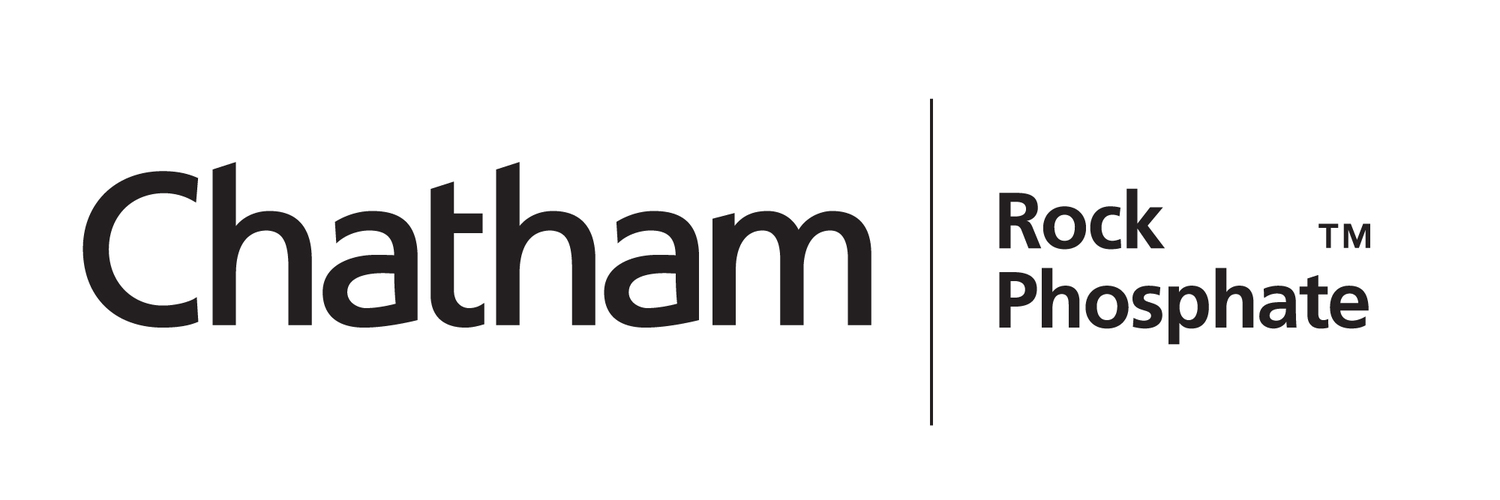Chatham Rock Phosphate Limited (CRP) has selected one of the worlds
largest integrated dredging companies, Royal Boskalis Westminster
(Boskalis) to undertake the detailed design of their rock phosphate
nodule project at the Chatham Rise, subsequent to a complete review of
scoping studies delivered by four of the world’s largest dredging
companies ( Boskalis, IHC Merwede/D.E.M.E. and Jan de Nul), who carried
out three independent extraction, upgrading and commercial delivery
studies.
After CRP received these studies several months ago, they were reviewed
by a panel of four independent marine dredging experts, who interacted
with each study group to select the superior proposal. There was broad
diversity of design and all propositions are considered technically
feasible.
The Boskalis system was selected; their proposal is based on a recovery
and separation system for the phosphate nodules designed around proven
commercial technology. CRP is now in negotiation with Boskalis to
undertake detailed design, production testing and be closely involved in
associated environmental studies which CRP are now commencing. This
overall phase is expected to take some 12-18 months.
The directors and management of CRP are gratified that this phase of
the project attracted so much interest from the leading dredging
industry companies and look forward to working with Boskalis to now
complete the detailed design phase of the Project.
In selecting Boskalis, Dredging Development manager Sander Steenbrink
responded that his company was delighted to be selected to work on the
project. “This project is extremely interesting as it allows us to
combine our engineering and R&D capabilities with our successful
contracting track record in a challenging environment. We believe that
this combination has resulted in a project approach which is technically
viable. We are looking forward to working with the CRP team to develop a
total extraction solution that is both cost effective and manages the
environment, in accordance with our strict operating codes through-out
the world.”
Royal Boskalis Westminster N.V.
Royal Boskalis Westminster N.V. (Boskalis) is a leading global services
provider operating in the dredging, maritime infrastructure and
maritime and terminal services sectors. The activities of Boskalis
comprise Dredging & Earthmoving, Harbour Towage, Salvage, Transport
& Heavy Lift, Terminal Services and Martime Civil Infrastructure.
Boskalis concentrates on the commodities such as oil and gas, ports,
and land reclamation / coastal protection market segments. This spread
gives the group a solid foundation and the flexibility to be able to
take on a wide range of projects with excellent prospects for balanced
growth. Demand for its services are driven by growing energy
consumption, growth in global trade, growth in world population, and
climate change.
The company’s main clients include oil companies, mining firms, port
operators, governments, shipping companies and international project
developers. Boskalis provides its clients with a broad range of services
within the chain comprising design, project management, execution and
continuous services.
Boskalis has around 14,000 employees and is active in over 65 countries
across six continents. Its versatile fleet consists of over 1,100
vessels. Royal Boskalis Westminster N.V. is based in the Netherlands and
its shares are included in the prime index (AEX) on NYSE Euronext
Amsterdam.
Chatham Rise Project Background
In 2010, a consortium comprising Widespread Energy and associated
company Widespread Portfolios Limited, (“the Joint Venture or JV”) was
granted an offshore prospecting permit by the Crown Resources division
of the NZ Ministry of Economic Development covering an area of 4,726 km2
on the central Chatham Rise. The permit area, which is in New Zealand
territorial waters, is located 450 km east of Christchurch and includes
significant shallow seabed deposits of rock phosphate.. In March 2011
Widespread Energy acquired the 10% of the project then held by
Widespread Portfolios and subsequently changed its name to Chatham Rock
Phosphate Limited. The initial term of the permit is two years with
rights to either extend the prospecting permit or apply for a mining
licence.
Establishment of a rock phosphate industry in New Zealand territorial
waters has a significant number of economic, environmental and market
benefits.
The economic benefits include
-
Import substitution of up to $300 million annually
-
Possible exports to near markets
-
Reduced commodity risk for fertiliser manufacturers and farmers
-
Reduced foreign exchange risk for fertiliser manufacturers and farmers
-
Development of a new NZ industry
-
Generation of additional income for the local economy
-
Security of supply (most rock phosphate is imported from North Africa and the Middle East)
The environmental benefits include
-
Local product is significantly lower in cadmium and uranium than imported product
-
Much lower carbon footprint than imported product
-
If applied as a direct application fertilizer, CRP has less run off
than super-phosphate, is applied less frequently, and is a more
effective, slower acting product
-
Extraction will occur in accordance with International Marine Mining environmental guidelines
The market benefits include
-
Much cheaper source than Morocco
-
Nominally 25+ years security of supply
-
Known extraction costs could enable less volatile price contracts,
which will benefit fertiliser companies, farmers and agriculture outputs
generally
Environmental considerations are essential and CRP has an ongoing
wide-ranging programme of consultation with fishing, conservation, Maori
and other interest groups around these matters.
On behalf of the Board
Chris Castle
Onekaka, 1 June 2011
Download the CRP Boskalis Announcement







 +64 21 5581985
+64 21 5581985 chris@crpl.co.nz
chris@crpl.co.nz PhosphateKing
PhosphateKing